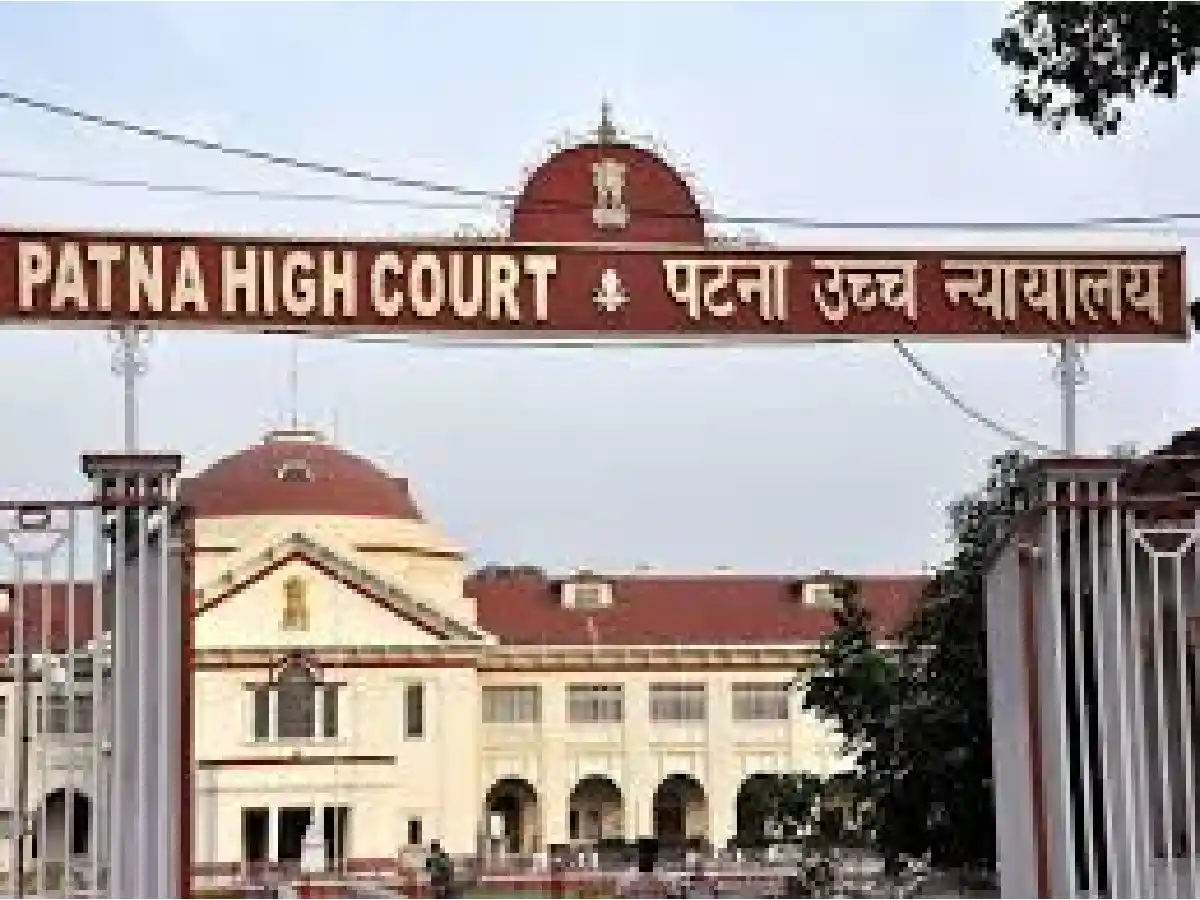Patna High The court has criticized the liquor ban in Bihar. Patna High Court stated that the prohibition on alcohol has led to an increase in illegal trading of alcohol and other prohibited goods. In addition to this, it has turned into a way for government officials to make significant amounts of money.
In a ruling made on October 19, the Patna High Court stated that these strict measures have proven beneficial for the police, who are collaborating with the smugglers. Justice Purnendu Singh uploaded a 24-page order on November 13.
The solitary judge stated that novel tactics are being utilized to outsmart law enforcement agencies in order to transport and deliver contraband goods. The court stated that law enforcement officers, revenue officers, as well as officials from the state tax and transport departments support the prohibition of alcohol. The main factor is that they make a significant amount of money from it.
The court commented on a petition submitted by Mukesh Kumar Paswan, a Khagaria resident, who was suspended as inspector of Patna’s Bypass police station in November 2020. This was due to the recovery of a large amount of liquor by the state excise department during a raid.
The Patna High Court overturned the suspension of Paswan declaring it as a breach of natural justice. Additionally, the court stated that the Bihar Prohibition and Excise Act, 2016 has not been effectively enforced by the state government. This law governs the ban on alcohol in the state.
The order mentioned that Article 47 of the Constitution of India mandates the State to enhance living standards and public health. In line with this, the Bihar Prohibition and Excise Act, 2016 were introduced by the State Government but unfortunately, it has not been successful for various reasons.
The State Government passed the Bihar Prohibition and Excise Act, 2016 to enhance public health, but for various reasons, it has ended up on the wrong side of history.
The court noted a lower number of cases filed against kingpins and syndicate operators in violation cases compared to cases filed against poor drinkers and victims of illicit liquor tragedies.
The court stated that the majority of individuals impacted by this law in the impoverished area of the state are daily wage laborers who provide the only source of income for their families. The police purposely do not confirm the accusations in the legal case with any official papers, leaving loopholes that allow the mafia to escape by not following legal procedures for search, seizure, and investigation, resulting in insufficient evidence.
A state prohibition department official stated that it would be inappropriate to respond to the court’s ruling, however, he did acknowledge that the bench had brought up valid inquiries and issues. The official mentioned that enforcing the liquor law is challenging in a state with 13 crore inhabitants and only 1.4 lakh police officers, as they are occupied with other responsibilities. Three changes were made to the liquor law due to its inherent deficiencies.

